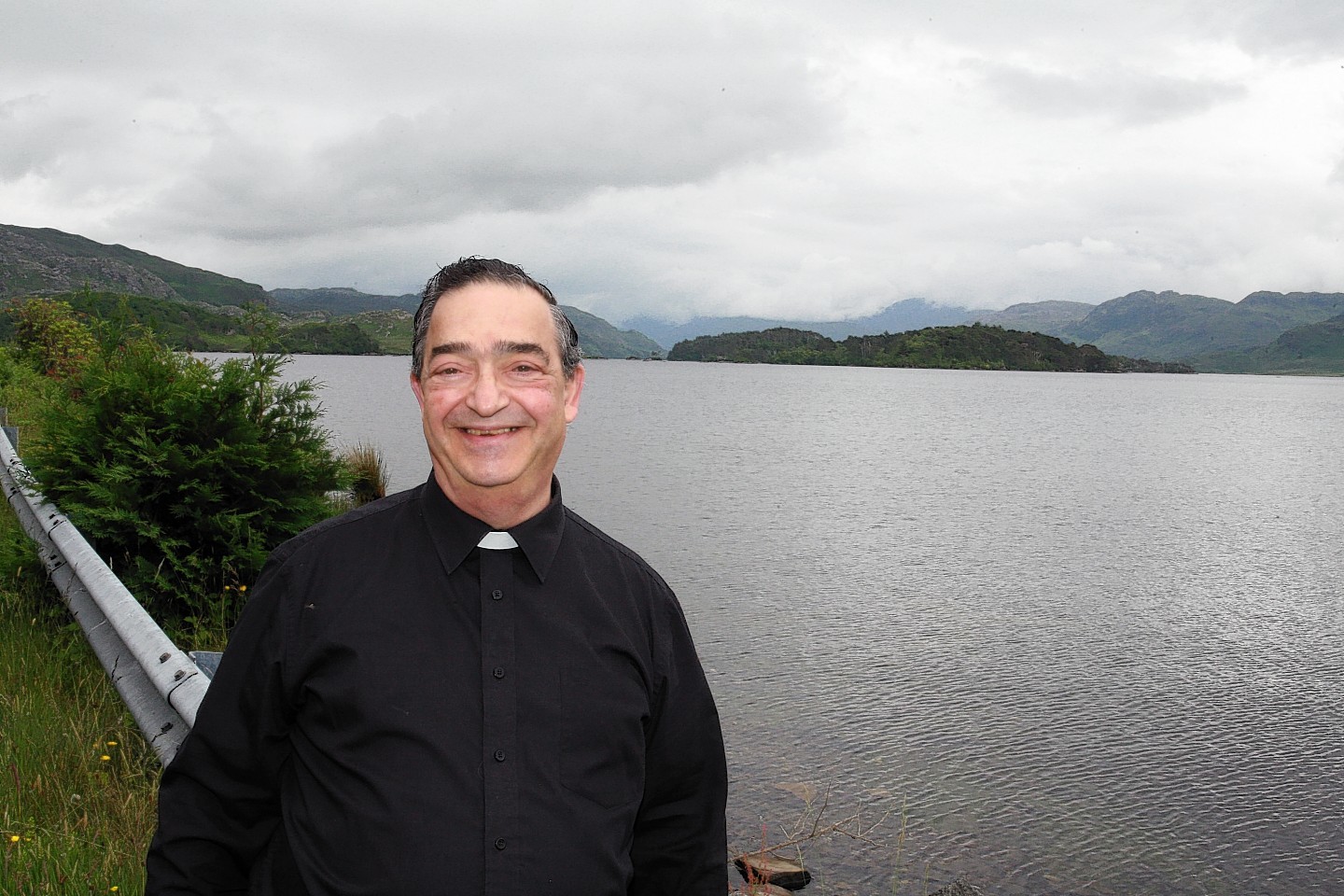An open-air mass is to be held on the shores of a Lochaber loch next month to celebrate the 300th anniversary of the opening of a training college for priests on a tiny island nearby.
The seminary on Eilean Ban in Loch Morar, which opened in 1714, was the first in Britain – but it was only used for two very short periods.
The first came to an end in 1716 after the failed Jacobite rebellion the previous year. It reopened in 1732, closing again when the seminary moved to the farm at Gaothdail, Arisaig, in 1738.
Father Joe Calleja, who is the priest at Morar Parish Church, explained that the then Bishop of the Diocese of Argyll and the Isles, Bishop Joseph Toal, instructed him and his parishioners to organise an outdoor Mass to mark the anniversary. Bishop Toal is now Bishop of Motherwell.
Father Joe said: “The parishioners are very pleased to celebrate this important anniversary.
“We have invited our Catholic Church and political dignitaries, the leaders of the different religious denominations in the area and all the faithful.
“We are expecting around 300 people to attend Holy Mass, which will be celebrated outside the church at 1pm on Wednesday August 6 using the silver chalice used at the seminary.”
A history of the seminary has been written by Father Michael J MacDonald, from Ardkenneth and Bornish, in which he writes: “The real significance of the little seminary at Eilean Ban is that it was the first seminary to be established anywhere in Great Britain, where its inspiration can be seen to be the decrees of the Council of Trent and its programme of life that of the Scots College, Paris.
“Students were to be ‘separated’ from ‘the world’ to be trained in the humanities, piety, philosophy and theology from as early as 12 years of age.
“Their training was designed to prepare them for admission to the seminaries abroad or to fully prepare them for the priesthood in an atmosphere where it was more likely that they would ‘persevere in ecclesiastical discipline’.”
He adds that Eilean Ban was chosen as the location because it enjoyed the protection of the local chief, MacDonald of Morar, which made it safe and secluded as well as providing the required separation for the temptations of the world.
